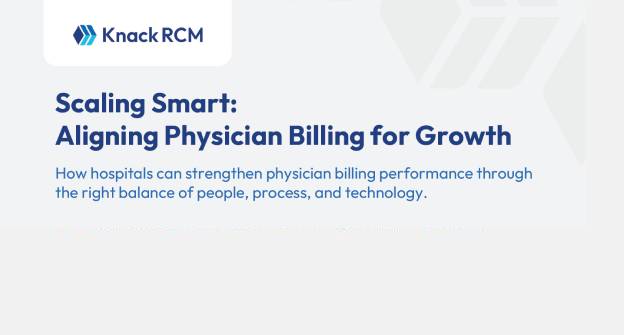4 Key Considerations When Outsourcing Credentialing, Payor Enrollment, and Contracting Services

When healthcare organizations and providers try to take on the complex tasks of credentialing, payor enrollment, and contracting, it can be a drag on time and financial resources — sometimes much more than they anticipate. Therefore, many look into outsourcing these services. Careful assessment is necessary in making this decision and selecting a third-party vendor that is the right fit. This involves evaluating the vendor’s expertise, technological solutions, and track record, among other factors. But those ready to move forward stand to achieve many benefits.
Adverse Outcomes of Managing Credentialing In-House
For some healthcare providers, it might make sense to manage these services internally. The decision often comes down to available resources and how simple or complex the need for credentialing, payor enrollment, and contracting actually is. Each organization should do a risk analysis to determine whether outsourcing makes sense.
One thing, though, is sure: Those not equipped to manage these services in-house can suffer severe negative business outcomes that include:
- Inaccurate credentialing data that leaves a practice vulnerable to risk
- Increased days of invoices sitting in Accounts Receivable (AR)
- Increased claim denials and non-participating (non-PAR) providers
- Poor customer experience and frustrated staff
- Failure to achieve accreditation and damaged reputation
Benefits of Outsourcing Credentialing, Payor Enrollment, and Contracting Services
Outsourcing these services can help healthcare providers avoid these pitfalls by removing the administrative and management burdens from staff so they can focus on value-added tasks. While there are upfront costs associated with outsourcing, providers who take the time to evaluate their needs and select the right credentialing partner can save money in the long run, retain workers, and improve the patient experience.
Here are four benefits providers can gain from outsourcing credentialing and other services:
- Improved Expertise
When a provider contracts with a third-party vendor that’s been properly vetted and has a proven track record, it no longer has to struggle with the day-to-day headaches that come with managing credentialing processes. Instead, a provider can rely on experts with the know-how and experience to navigate the complex requirements. This gained experience enables healthcare organizations to stay up to date on evolving regulations and standards and maintain data accuracy in navigating intricate credentialing requirements.
- Gained Efficiencies
By leveraging the expertise and technological solutions of a credentialing services vendor, providers can accelerate credentialing, payroll, and contracting services enrollment to speed up payments, reduce workflows, improve profitability, and enhance the customer experience.
- Innovative Technology and Automation
Partnering with a credentialing vendor enables healthcare providers to access advanced, robust automation tools that streamline processes and can be implemented in a relatively short time frame. The new solution can track expirables and manage workflows—all through a customizable, user-friendly interface—while ensuring data accuracy, security, and compliance.
- Reduced Labor Costs
One of the most impactful benefits of partnering with a third-party vendor is time savings, reducing labor costs, and overcoming human resources challenges. Through the efficiencies leveraged by improved technological solutions, staff are free to focus on meaningful tasks and patient health, leading to improved retention and reduced labor and training costs.
Long-term, Flexible, Scalability
Perhaps the most impactful and long-term benefit a healthcare organization can realize through outsourcing credentialing, payroll, and contracting services is the ability to scale the operation to align with its expanding (or sometimes shrinking) customer base. By staying flexible and remaining resilient to unpredictable headwinds in the healthcare industry, providers can prepare for the long term and remain profitable even amid changing and unpredictable credentialing regulations.
Recent Posts

Why You’ll Never Outpace the Payers — and What to Do Instead
Read More
Scaling Smart: Aligning Physician Billing for Growth
Read More
Scaling Without Breaking: How to Strengthen Physician Billing as Your Network Grows
Read More